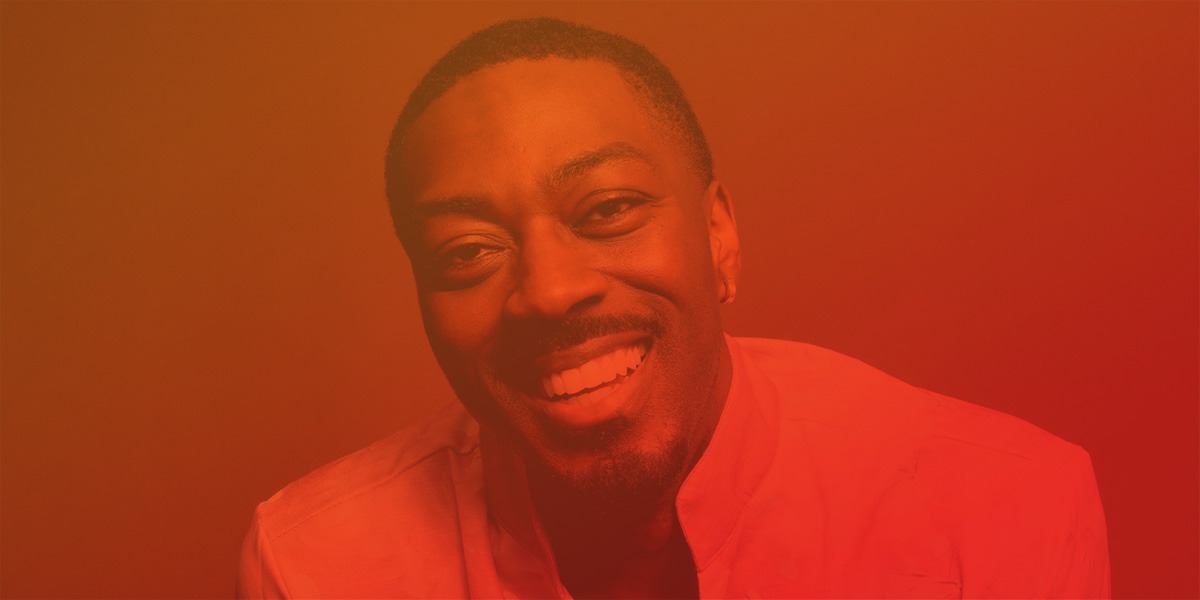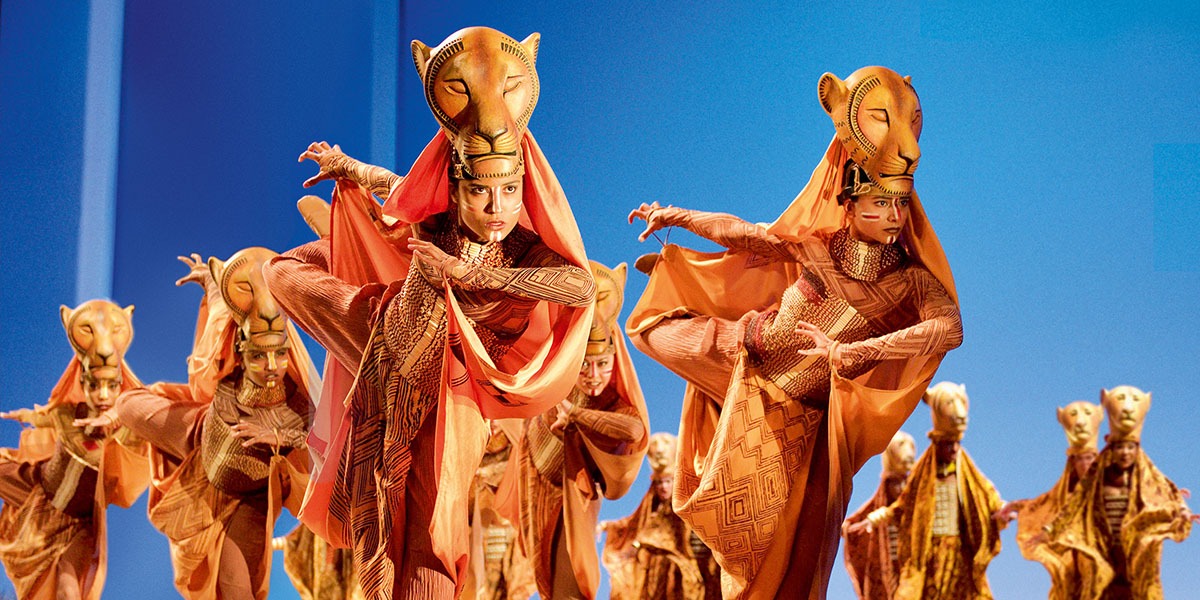A show about the early days of The Beatles could be simply an excuse to play some cracking tunes, but, surprisingly, Backbeat isn’t just another jukebox musical.
Iain Softley has adapted – with the help of Stephen Jeffreys – his 1994 film of the same name into this new stage show. The satisfying result is a moving and engaging portrayal of the development of The Beatles into the band we knew and loved, showing how heavily they were influenced by Lennon’s best mate and original bassist Stuart Sutcliffe and the German photographer he fell in love with, Astrid Kirchherr, while the band were gigging in Hamburg.
Set mostly in Germany, the show has a raw, rough edge, reflective of the seedy nature of the basement clubs the band played in for six hours every night, fuelled by beer and slimming pills, cloaked in the fug of smoke from Sutcliffe’s constant lighting up. The show’s sound system at first seems too loud, but after a while this appears deliberate, helping to recreate the coarseness of The Beatles’s early sound.
There are many spine-tingling moments, not least because the story is based on fact: we know that aspiring artist Sutcliffe sadly died of a brain haemorrhage in 1962; we know that The Beatles became the most famous band of all time. So when we see the rebellious teenagers turn Tony Sheridan’s plodding rendition of My Bonnie into a furious rock ‘n’ roll number, or Lennon dismiss McCartney’s Love Me Do as tosh before helping him develop it into what became their first single, we are witnessing echoes of history.
That history is a heavy weight for the cast, but they step up to the mark. Andrew Knott is a brash, abrasive Lennon, driven by his desire for success, which he hopes will come with his best mate by his side. In contrast Sutcliffe (Nick Blood) is something of a lost soul, going along for the ride as he tries to figure out if painting should be his life. A cool, suave figure on stage, his stillness sticks out amid the unsophisticated vigour of his bandmates.
Daniel Healy’s McCartney is fuel for Lennon’s fire, writing songs, putting in the hours, pushing Lennon to cut the apron strings that tie him to Sutcliffe, strings that are holding them back. Another creative influence is Kirchherr (Ruta Gedmintas), who, in encouraging Sutcliffe to pursue his painting, allows the band the future they went on to have, complete with the distinctive mop tops and jackets she introduced them to in Germany.
It is testament to the strength of the story and David Leveaux’s staging – which includes projections of Kirchherr’s original photographs of The Beatles – that I have barely mentioned the music so far. Of course it is there; the five talented principal cast members recreate the band’s early covers, including Johnny B Goode and Twist And Shout, with verve, and a curtain call medley has the audience on its feet. But ultimately, this is no traditional musical. The music is what came as a result of this: a story of friendship, ambition, love, passion and tragic death, a combination which produced some of the greatest music of all time.
CB


